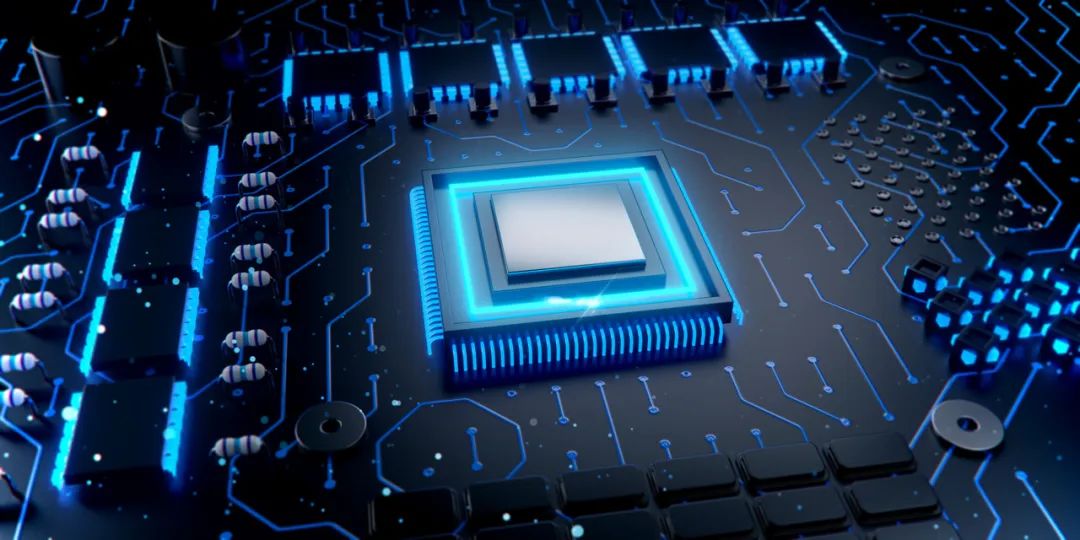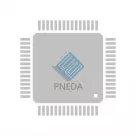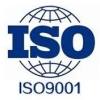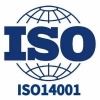Graphene optical communication chip: a new choice for ultra-high speed transmission

In the modern information age, the continuous progress of optical communication technology provides higher efficiency and greater bandwidth for data transmission. With the rapid growth in demand for high-speed, low-latency communications, a revolutionary material, graphene, is becoming a popular choice in the field of optical communications. The emergence of graphene optical communication chips provides a new direction for fiber optic communications, data center and network infrastructure upgrades, and faster solutions.
一. Characteristics and advantages of graphene
Graphene, a two-dimensional material made of a single layer of carbon atoms arranged in a honeycomb pattern, has many excellent physical properties. First, graphene has excellent electrical conductivity, which far exceeds that of copper and aluminum, and can achieve ultra-high electron transfer speeds. In addition, the thermal conductivity of graphene is also very high, which can effectively dissipate heat and maintain the stability of optical communication chips. In terms of mechanical properties, graphene has extremely high toughness and excellent flexibility, which makes it have great potential in miniaturization and integration.
What's more, graphene has unique optical properties. Over a wide wavelength range, the light absorption rate of graphene materials has significant advantages over other materials. This means that the graphene optical communication chip can effectively improve the signal quality and reduce the bit error rate in the optical signal reception and processing, to achieve more accurate communication.
二, The working principle of graphene optical communication chips
The graphene optical communication chip works based on its photoelectric effect. When the light signal passes through the graphene material, it can excite the electrons in the material, thus enabling photoelectric conversion. This process allows photons, which are carriers of information, to be converted into electronic signals for further processing and transmission.
Compared with traditional optical communication chips, graphene optical communication chips perform well in terms of signal processing speed. Its ultra-high bandwidth and fast response times enable it to handle larger data streams than ever before. The two-dimensional properties of graphene also effectively reduce the size of DG1M3A-5063R chips, adapting to the trend of miniaturization of equipment. This high performance and high efficiency make graphene optical communication chip an indispensable core component in the next generation of optical communication devices.
三. Application field
With the increasing demand for high-speed optical communication, graphene optical communication chips have a broad application prospect. In the data center, fast data exchange and transmission requires efficient optical communication equipment. Graphene optical communication chips can achieve signal transmission speeds tens of times that of traditional chips in data center networks, significantly improving the overall data processing capacity.
In the field of optical fiber communication, graphene optical communication chips provide a new option for long-distance signal transmission. It has excellent anti-interference capability and low signal attenuation characteristics, and can transmit data in long distance fiber without the use of Repeaters or amplifiers, thereby reducing maintenance costs and improving network reliability.
In addition, in wireless communication, graphene optical communication chips also show a wide range of application potential. The compact graphene components can be used in laser communication systems to achieve higher bandwidth and lower latency, providing the hardware foundation for future 5G and 6G networks.
四. Technological challenges and future development
Although the application prospect of graphene optical communication chips is exciting, its technology research and development still faces some challenges. First, the production process of graphene has not yet achieved large-scale industrialization, and the related production costs are still high, limiting its wide application in the market. How to achieve large-scale and low-cost production under the premise of ensuring the quality of graphene materials is one of the focuses of current research and development work.
Secondly, the defects and inhomogeneity of graphene can affect its photoelectric performance. In response to this problem, researchers are exploring more advanced material preparation technologies and post-processing processes to improve the photoelectric properties of graphene and ensure its stability and reliability in optical communication chips.
In addition, the trend of integration of optical communication systems has forced R&D teams to constantly strive not only to improve the performance of a single graphene optical communication chip, but also to effectively integrate it with other optoelectronic devices to achieve more complex functions.
五. Market prospects
Based on strong market demand and technological progress, the commercialization prospect of graphene optical communication chips is generally optimistic. With the promotion of 5G, 6G and the development of emerging applications such as the Internet of Things and smart home, the application demand of graphene optical communication chips in a variety of scenarios will be increasingly enhanced. Major technology companies and scientific research institutions have invested a lot of resources in the research and development of graphene optical communication chips to promote technological progress in this field.
In the future optical communication technology, graphene optical communication chips will likely lead a new technological revolution. With its superior performance and wide adaptability, graphene is expected to become a new generation option for achieving ultra-high-speed optical communications, thereby driving the progress and development of the entire communications industry. With the deepening of research and the maturity of technology, graphene optical communication chips will play an important role in the future network infrastructure, creating new possibilities for global information transmission.
The Products You May Be Interested In
 |
3844 | 4X4 MATRIX KEYPAD | 7164 More on Order |
 |
474 | SWITCH PUSHBUTTON SPST-NO YELLOW | 8208 More on Order |
 |
658 | AC/DC DESKTOP ADAPTER 5V 50W | 9108 More on Order |
 |
675 | PIPING EL WIRE SEWABLE 5M AQUA | 5814 More on Order |
 |
407 | ELECTROLUMINESCENT WIRE GRN 2.5M | 6552 More on Order |
 |
405 | ELECTROLUMINESCENT WIRE ORN 2.5M | 6768 More on Order |
 |
2553 | DIGITAL RGB LED WEATHERPROOF STR | 6102 More on Order |
 |
2432 | DOTSTAR LED STRIP - ADDRESSABLE | 8244 More on Order |
 |
2159 | ADDRESS LED 14 SEG I2C YLW-GRN | 7056 More on Order |
 |
4310 | FLEXIBLE SILICONE NEON-LIKE SKIN | 6858 More on Order |
 |
2851 | ADDRESS LED RING SERIAL RGBW | 7938 More on Order |
 |
3851 | LED STRIP WITH 32 LED/M - WHITE | 4050 More on Order |
 |
2570 | DOTSTAR DIGITAL LED STRIP - WHIT | 6276 More on Order |
 |
1461 | ADDRESS LED STRIP SERIAL RGB 4M | 4608 More on Order |
 |
2242 | ADDRESS LED STRIP SERIAL RGB 1M | 7650 More on Order |
 |
1912 | ADDRESS LED 14 SEG I2C BLUE | 6276 More on Order |
 |
1426 | ADDRESS LED MODULE SERIAL RGB | 17364 More on Order |
 |
3853 | CONVEX GLASS LENS WITH EDGE - 40 | 7470 More on Order |
 |
326 | DISPL OLED GRAPHIC MONO 128X64 | 8820 More on Order |
 |
619 | SMT RGB 5050 LED - 10 PACK | 5796 More on Order |
 |
2739 | DIFFUSED RECT 5MM RGB LED 1=10 | 8604 More on Order |
 |
499 | RGB BACKLIGHT POSITIVE LCD | 5544 More on Order |
 |
398 | RGB BACKLIGHT POSITIVE LCD | 7146 More on Order |
 |
2948 | LED CHARLIEPLEXED MATRIX - 9X16 | 7488 More on Order |









